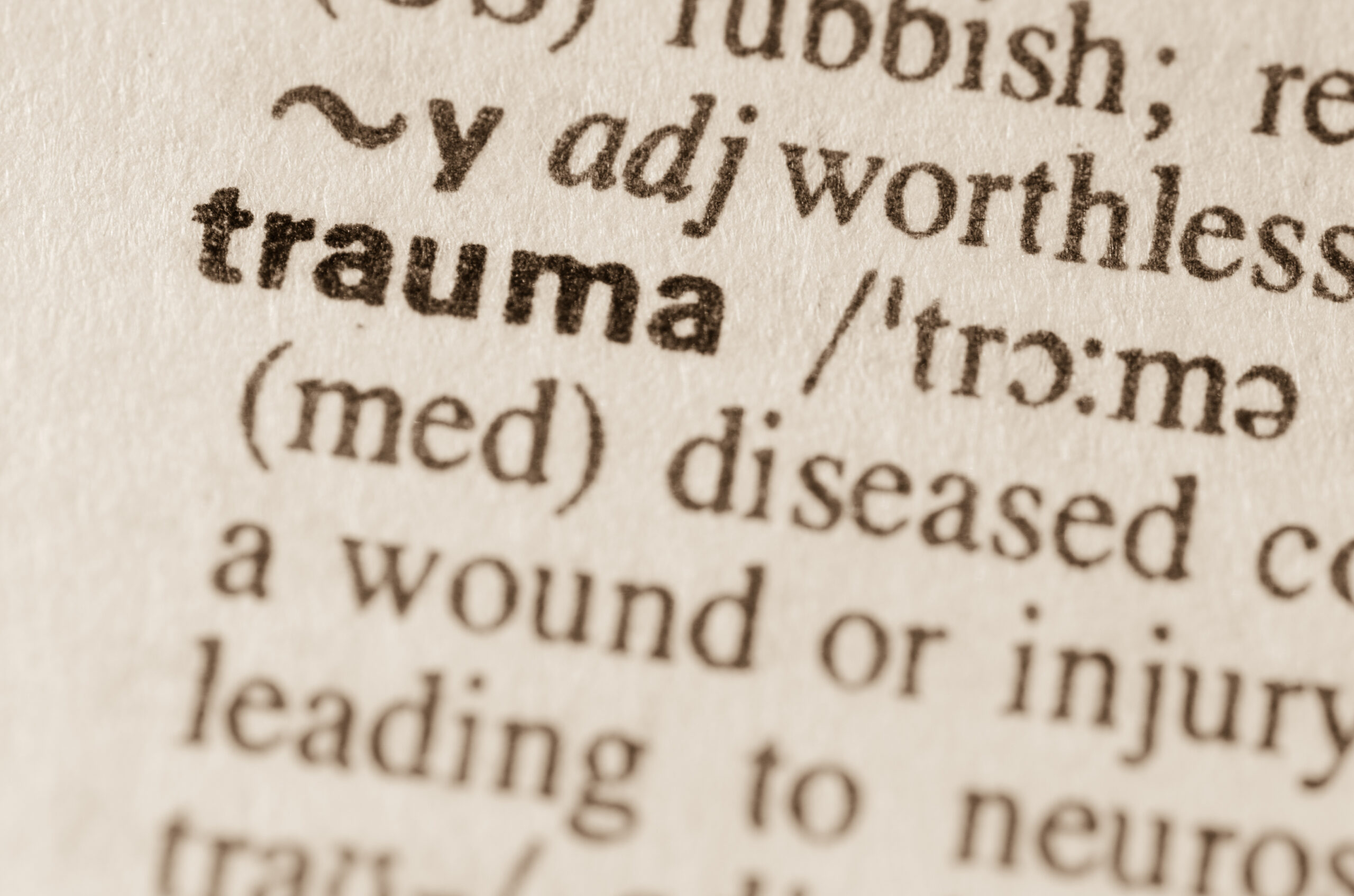„D’Unité de Support Psychologique ass am Joer 1997 als Pilotprojet gestart. 2004 krut si eng legal Basis, an de Groupe de Support Psychologique (« GSP ») ass ënnert der Administration des services de secours gegrënnt ginn. Nieft der Betreiung vu Rettungsdéngschter, Affer oder Zeie vun Accidenter, de betraffene Familljen oder concernéierte Persounen, kënnt dës Ekipp och bei grousse Katastrophen an aneren Tëschefäll an den Asaz. Esou zum Beispill 1997 beim Zuchongléck zu Hollerech oder am Joer 2000 bei der Geiselnam an engem Foyer du jour zu Waasserbëlleg. All Persounen déi vun esou Virfäll betraff sinn, gi vum Groupe de Support Psychologique ënnerstëtzt.
An deem Kader wëlle mir der Madamm Inneministesch folgend Froe stellen:
- Wéi vill Fräiwëlleger sinn den Ament beim Groupe de Support Psychologique engagéiert?
- Wéi vill Asätz hat de GSP iwwert déi lescht 5 Joer ?
- Sinn d’Ekippe vum GSP och bei de groussen Iwwerschwemmungen vun 2021 zum Asaz komm?
- Gi Membere vum GSP agesat fir d’Police an hirer Aarbecht bei de Covid-Manifestatiounen ze ënnerstëtzen?
- Huet d’Covid Kris d’Demande fir Hëllef duerch de GSP ze kréien verstäerkt?
Gëtt de GSP och vu Privatleit kontaktéiert, oder gëtt de Groupe prinzipiell iwwer d’Servicer vum CGDIS organiséiert?“






